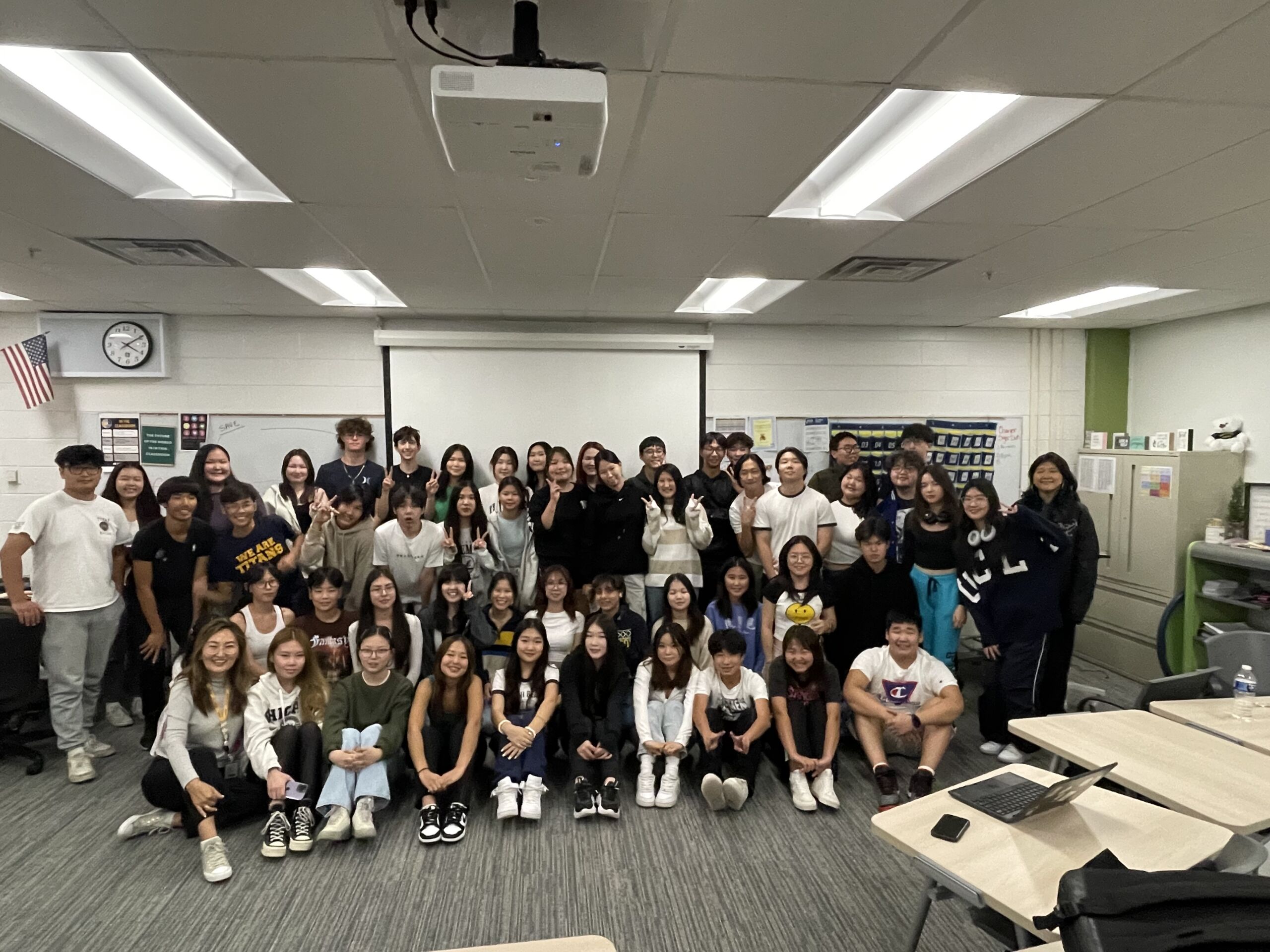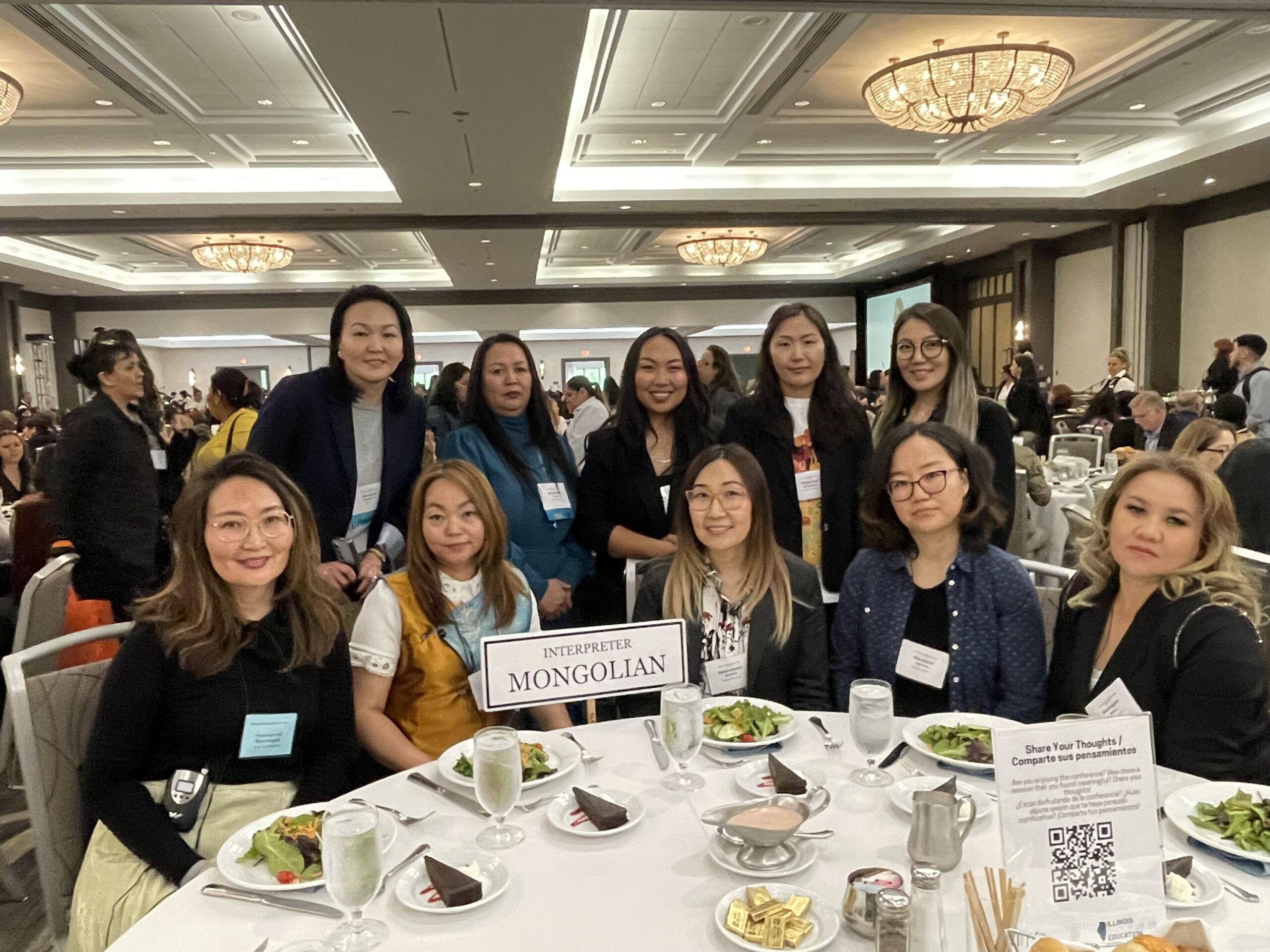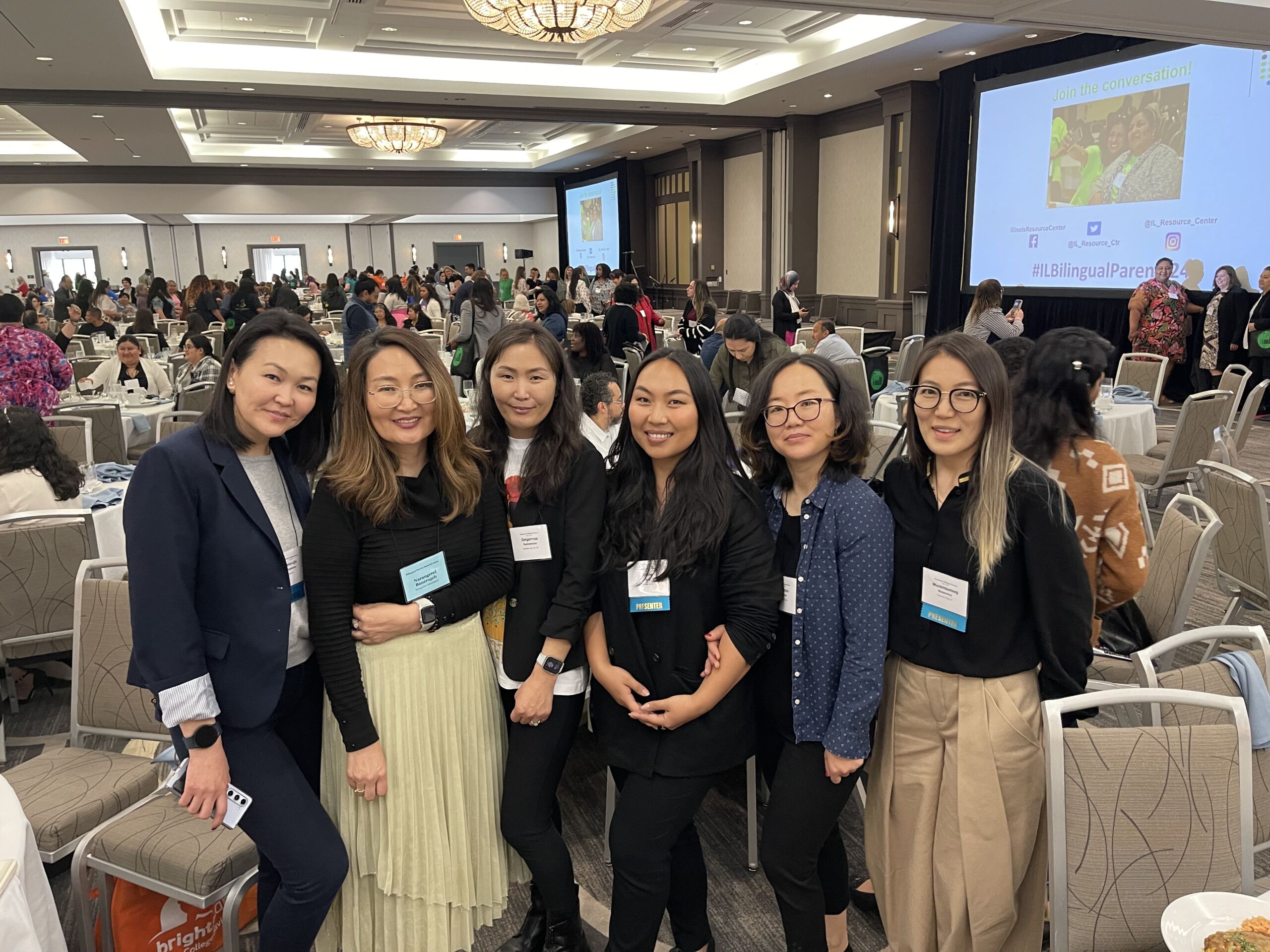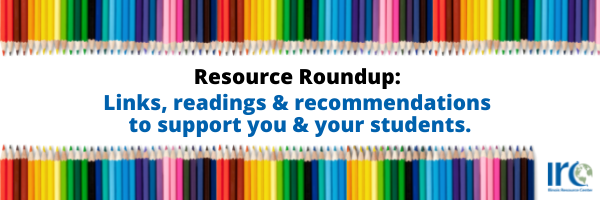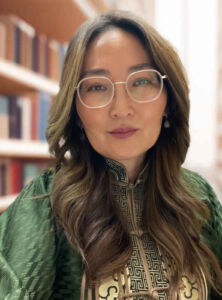 Over the past few months, the IRC has been highlighting teachers working with multicultural, multilingual students who are going above and beyond. Today, we’re launching a companion series celebrating parent and community leaders who are advocating for multilingual students, starting with Narangerel Banzragch, who serves as a parent and BPAC leader in Glenview District 34 and works as Mongolian Language and Family Liaison in the Multilingual Department at Glenbrook South High School.
Over the past few months, the IRC has been highlighting teachers working with multicultural, multilingual students who are going above and beyond. Today, we’re launching a companion series celebrating parent and community leaders who are advocating for multilingual students, starting with Narangerel Banzragch, who serves as a parent and BPAC leader in Glenview District 34 and works as Mongolian Language and Family Liaison in the Multilingual Department at Glenbrook South High School.
If you have attended the IRC’s Bilingual Parents Summit over the past several years, you have likely met Narangerel Banzragch, interpreting for and supporting an ever-growing enthusiastic group of Mongolian parents from Glenview and the surrounding communities. Through a strong partnership between parents and both these school districts, Mongolian students and parents are building community and receiving the support they need to thrive and empower one another.
Banzragch arrived in the United States from Mongolia about 15 years ago, beginning as an instructional assistant at Glenbrook South. When her children began school at District 34, she became more involved as a parent .“I had to challenge myself,” Banzragch says. “I had to learn how to adapt and how to successfully help my kids achieve academically and socially, so my involvement was greater.”
She began participating in school events, and noticed that despite many Mongolian parents being around, many were not engaged due to the language barrier and unfamiliarity with the American school system. She met with the District 34 bilingual director and advocated for a committee or organization to support Mongolian-speaking families. From there, they formed a BPAC group and began hosting a variety of programs, including guest speakers and family-oriented activities.
Over the past 5-7 years, the Mongolian community within Glenview’s school districts has grown exponentially. Between District 34 and District 225, more than 300 students speak Mongolian as their first language.
“BPAC is the powerhouse behind the growing Mongolian American community,” she says. “This parent group advocates for our Mongolian families and builds awareness and skills of our Mongolian-speaking families. BPAC members bring awareness of the needs of the Mongolian community to not only the school’s attention but also to other community partners.”
Activities the BPAC have organized include a Fall Family Festival, informational meetings, and more local resources, including a local legal aid clinic to raise awareness about the available community resources and how to access them. And they’re connecting with the community beyond Glenview—at a back-to-school fair, Mongolian community members from Buffalo Grove and other nearby communities connected and showcased their small businesses.
The BPAC hosts Zoom informational meetings with Mongolian leaders nationwide who are running successful businesses to discuss their careers. Last month, they invited the Mongolian Librarian of Congress, who shared information with District 34 teachers and parents on how to promote the Mongolian language.
“The number of families and students coming every month, every year is an achievement,” Banzragch says. “People hear from a variety of sources—word of mouth, social media, friends and relatives. That’s an achievement. I’m proud of the number of Mongolian people who are here already, and we are connecting those people and providing information in the Mongolian language at the same time they are receiving it in English. It’s very important for them and empowering and advocating for them to be connected in the school system.”
One of the advocacy pieces Banzragch is particularly proud of is the BPAC successfully advocating for mental health services in the schools. They connected with a local agency to hire a Mongolian-speaking therapist to provide mental health services to district families and students.
Banzragch is one of three Mongolian-speaking staff members at Glenbrook South, alongside Bilingual Teacher Tsetsegmaa Gomez and Instructional Assistant Oyun Dorj. The three work together, alongside parents, district officials, ISBE and other stakeholders, to support Mongolian students before and during high school.
To prepare students for high school language courses, community advocates successfully launched after-school Mongolian language classes for students in District 34. Mongolian is also offered as a Seal of Biliteracy option at the high school level. “We don’t want them to lose their language,” Gomez says.
At Glenbrook South, Banzragch and her colleagues helped launch MASO, a Mongolian club at the high school where students connect over language and culture. The club currently boasts about 60 members, about half of whom are newcomers.
Banzragch is familiar with the challenges of welcoming and empowering parents of newcomers, from the language barrier to a full-time work schedule that conflicts with school activities. She says one of the most important things a district can do is bring in support staff who speak the language, who can guide and empower parents and students. She says both District 225 and District 34 are promoting and encouraging the hiring of more bilingual staff and teachers, and that this will positively impact parents, students and the community.
In May of 2023, Banzragch was honored as a Community Volunteer at the Those Who Excel & Teacher of the Year awards for District 34. But the real success, she says, is the way Mongolian students feel welcome and affirmed and stay connected to their language culture, in part through that community building, intentional staffing and programming.
“I see my students laughing and shouting,” she says. “They feel like they belong here. They’re not shy. They don’t feel like outsiders. I feel very happy and accomplished that our students are happy, laughing, having a feeling of belonging, being included, and being proud members of the community.”

